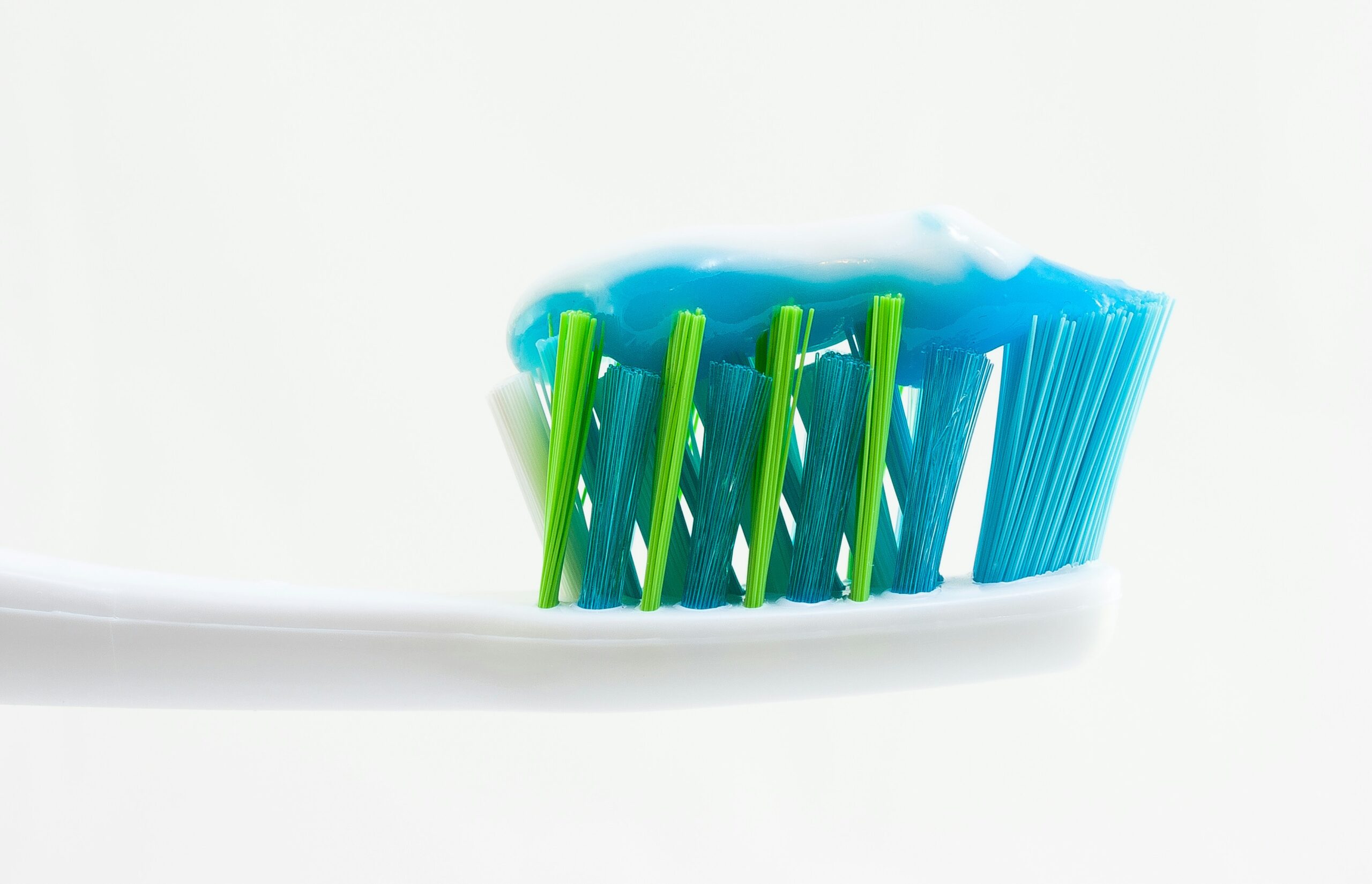

Fluoride and hydroxyapatite are essential components in modern dentistry, renowned for their abilities to enhance oral health by fortifying tooth enamel and aiding in remineralization.
While fluoride has been the cornerstone of dental care for decades, credited with reducing cavities and dental sensitivity, hydroxyapatite is gaining attention for its natural composition and biocompatibility, closely mimicking the mineral structure of human teeth.
This article delves into the distinct advantages of both fluoride and hydroxyapatite, examining their roles in preventing tooth decay, reducing sensitivity, and their availability in dental products. By comparing these two vital substances, we aim to provide a comprehensive understanding of their contributions to maintaining and improving dental health.
Fluoride and hydroxyapatite are both widely used in dentistry for their remineralizing properties and ability to strengthen tooth enamel. Let’s compare their benefits:
Fluoride:
Strengthens tooth enamel: Fluoride helps to remineralize and strengthen tooth enamel, making teeth more resistant to acid attacks from plaque bacteria and acidic foods and drinks.
Prevents tooth decay: Fluoride inhibits the demineralization process by promoting remineralization, which helps prevent the formation of cavities and tooth decay.
Reduces sensitivity: Fluoride can help reduce tooth sensitivity by strengthening enamel and blocking pathways for sensitivity triggers to reach the nerves inside the tooth.
Widely Available: Fluoride is readily available in various forms, including fluoridated toothpaste, mouthwash, professional fluoride treatments, and fluoridated water supplies in many communities.
Toothpastes that contain fluoride:
Colgate, Oral B, Sensodyne, Aquafresh ( this is not an exhaustive list)
Hydroxyapatite:
Natural component of tooth structure: Hydroxyapatite is a mineral form of calcium apatite, which is a major component of tooth enamel. Its similarity to natural tooth mineral makes it biocompatible and potentially effective for remineralizing enamel.
Remineralizes tooth enamel: Hydroxyapatite has been shown to remineralize enamel lesions by depositing minerals back into the tooth structure, helping to repair early stages of tooth decay and strengthen enamel.
Non-toxic and biocompatible: Hydroxyapatite is considered non-toxic and biocompatible, making it suitable for use in dental products such as toothpaste, mouthwash, and dental coatings.
Reduces tooth sensitivity: Hydroxyapatite can help reduce tooth sensitivity by occluding dentinal tubules, which are microscopic channels in the dentin layer of the tooth that transmit pain signals to the nerves.
Toothpastes that contain hydroxyapatite without fluoride:
RiseWell Mineral toothpaste, MooGoo, Gutology, Happy Tooth ( this is not an exhaustive list)
Toothpastes that contain hydroxyapatite with fluoride:
Sensodyne Pronamel Intensive Enamel Repair toothpaste
Conclusion
Both fluoride and hydroxyapatite offer significant benefits for dental health, including strengthening tooth enamel, preventing decay, and reducing sensitivity. While fluoride is widely used and supported by extensive research, hydroxyapatite shows promise as a natural alternative with biocompatible properties. Further studies are needed to fully understand the long-term effectiveness and potential of hydroxyapatite in dental care.


BRACES


BONDING


Dental Health Plan
We are accepting new patients, book an introduction call today
Book An Introduction Call
Huge congratulations to Maisie 🎉
We are so proud to share that our trainee dental nurse, Maisie, has officially passed her dental nurse exams!
Maisie has worked incredibly hard alongside her training here at the practice, showing real dedication to her learning and to our patients every single day. From supporting clinicians chairside to helping create a calm, welcoming environment, she has grown in confidence and skill throughout her journey.
Becoming a qualified dental nurse is a fantastic achievement, and we couldn’t be happier for her. Please join us in congratulating Maisie next time you see her at the practice! 👏
Well done, Maisie – we’re so proud of you. 💙
#DentalNurse #TeamEvolve #PracticeLife #DentalTeam #ProudMoment


Thinking about straightening your teeth but unsure where to begin?
Lisa breaks down the difference between clear aligners and fixed braces - simply, clearly and without the jargon.
Both are effective. Both can create beautiful results. The right choice depends on you.
Watch the video to learn more, and if you’d like personalised advice, we’d be delighted to help.
#PortisheadBusiness #FamilyDentist #Orthodontics #DentalCare #SmileJourney #EvolveDentistry


🦷 Did you know your oral health affects your whole body?
Your mouth doesn’t exist in isolation. Gum health, inflammation and oral hygiene can all play a role in your wider wellbeing – from heart health to confidence and mental wellness.
We’ve just published a new blog exploring the link between oral health and overall wellness, and why looking after your teeth and gums is about much more than your smile.
If you’re interested in oral health and general health Portishead, this is a great read and a helpful reminder of how small daily habits can support long-term health.
Link in bio


When is root canal treatment needed?
It’s a question many patients ask — and in this video, Richard explains it clearly and simply.
Root canal treatment is usually needed when the nerve inside a tooth becomes inflamed or infected. This can happen because of deep decay, a crack in the tooth, repeated dental work, or sometimes after an injury.
You might experience symptoms like persistent toothache, sensitivity to hot or cold that lingers, pain when biting, or swelling around the gum. However, sometimes there are very few symptoms at all — which is why regular check-ups at the practice are so important.
The good news is that root canal treatment is designed to relieve pain, not cause it. It removes the infection, saves the natural tooth, and helps you avoid extraction.
Watch Richard’s video to understand the signs to look out for — and if you’re worried about a tooth, get in touch with our reception team for advice.


Smile Hack 🍎🥕
Love a sweet treat? Jane shares a simple swap that your teeth will thank you for.
Sticky sweets cling to your teeth and sit in the tiny grooves for longer, feeding the bacteria that cause decay. The longer they stick around, the more damage they can do.
Instead, try swapping them for crunchy veg or a handful of nuts. Foods like carrots, cucumber and peppers have a natural crunch that helps stimulate saliva, which protects your teeth. Nuts are also a lower-sugar option and far less likely to cling to enamel.
Small changes really do make a big difference over time.


Are electric toothbrushes better than manual?
It’s a question we’re asked a lot at the practice – and in this video, Carol gives a clear, honest answer.
Electric toothbrushes can make it easier to clean effectively, especially if you struggle with technique, brushing for long enough, or reaching certain areas. Many people find they remove plaque more consistently, simply because they do most of the work for you.
That said, a manual toothbrush can still do a great job when used properly. It’s less about the brush itself and more about how you use it.
Watch Carol’s quick explanation to find out what we usually recommend – and how to make sure you’re getting the most from your brushing routine.
If you’re unsure whether your brushing technique is working for you, mention it at your next appointment and we’ll be happy to guide you. 🪥


Our Gromits have become quite the local celebrities here at Evolve 🐾💛
So many of you pop into our patient lounge just to see the collection, and we love how much joy they bring to patients of all ages.
At the moment, two of our Gromits seem to have wandered off on an adventure! We’re hoping they simply need a little help finding their way home.
If you happen to spot them locally or see anything that looks like part of our collection being sold, we’d really appreciate you letting us know. You can message us privately or call the practice.
They’re part of what makes Evolve feel like Evolve — and we’d love to have the whole family back together again.
Thank you for always looking out for us 💛
#Portishead
#PortisheadLife
#PortisheadBusiness
#NorthSomerset
#BristolAndBeyond
#ShopLocalSomerset
#supportlocalbusinesses❤️ #Gromit
#GromitSpotting
#WallaceAndGromit
#Aardman
#GromitUnleashed
#gromitfans #CommunityMatters
#KeepingItLocal
#SpreadTheWord
#HelpUsFindThem





